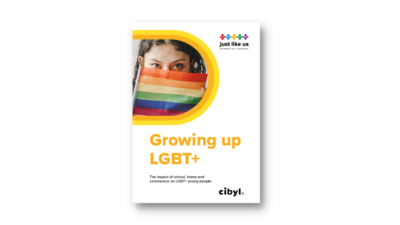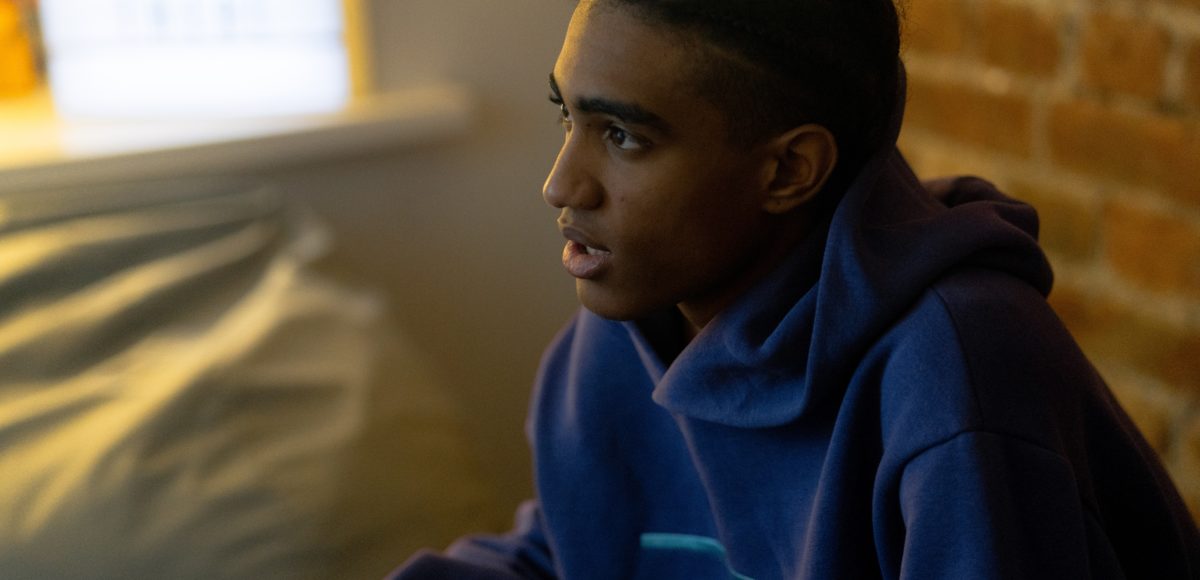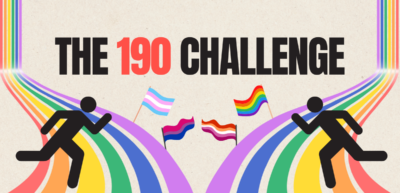
Asexual young people struggle more with mental health, research finds
News

The majority (63%) of asexual young people report their mental health deteriorating in the past year, with half (49%) experiencing tension at home on at least a weekly basis, new independent research by Just Like Us has found.
A third (27%) of asexual young people are experiencing daily tension at home, and 45% are worrying daily about their mental health.
One in ten (9%) asexual young people have never felt optimistic about the future.
Half (48%) of asexual young people report having or having had anxiety disorder and a third (33%) report experiencing anxiety disorder and panic attacks.
63% say their mental health has ‘got worse’ since the pandemic began. This compares with 68% of LGBT+ young people generally, and 49% of non-LGBT+ young people.
The independent research commissioned by Just Like Us, the LGBT+ young people’s charity, surveyed 2,934 secondary school pupils (including 1,140 LGBT+ young people) in Years 7-13 (ages 11 to 18) across 375 UK schools and colleges in December 2020 and January 2021.
The data forms part of a larger report, Growing Up LGBT+, into inclusive education and the experiences of LGBT+ young people published by Just Like Us.
Asexual pupils share their experiences
When asked why they haven’t told anyone they are asexual, one Year 10 asexual pupil from the North West said: “Regardless of what people say, it would do more harm than good. The bullying at school didn’t really affect me too much but the bullying at home affects me a lot.”
Another asexual pupil who is in Year 9 at school in the East of England said they haven’t told anyone at all how they identify: “Because I’m scared to.”
Dominic Arnall, Chief Executive of Just Like Us (the LGBT+ young people’s charity), says: “We’re really pleased that our independent research of almost 3,000 pupils across the UK has allowed us to look at how young people identify beyond those who are LGBT and look into the experiences of young people who sometimes fall under the ‘+’ bracket.
“This Asexual Visibility Day, we hope to raise awareness of the experiences of asexual young people and how their mental health has been impacted during the pandemic.
“If you’re connected to a school, please do take part in School Diversity Week celebrations – signing up is free and Just Like Us provides all the inclusive teaching resources you’ll need.”
Primary schools, secondary schools and colleges can access a toolkit of resources for all key stages by taking part in School Diversity Week.

